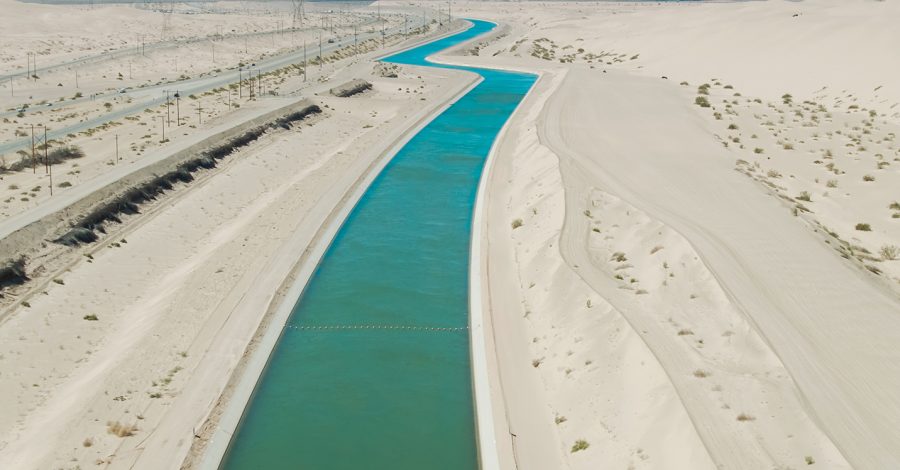In early June, the Metropolitan Water District of Southern California (MWD) and the San Diego County Water Authority (SDCWA) entered into an agreement that resolves long-standing legal disputes around the conveyance of conserved water. Through water conservation programs that were initiated as part of the 2003 Quantification Settlement Agreement (QSA), SDCWA funds conservation projects in the Imperial Irrigation District (IID) and receives the conserved water for its municipal customers. MWD is the entity that can physically deliver the conserved Colorado River water to SDCWA and there have been ongoing legal challenges about the costs charged by MWD to wheel the water down to SDCWA. A simplified summary is that MWD will charge SDCWA a price of $671 per AF for at least 227,000 AF per year of water conveyance as a wheeling charge. This cost is on top of the conservation payments paid to IID to create the conserved water, which are roughly $700 per AF.
One notable aspect of this agreement is that it allows SDCWA to lease its conserved water to other water agencies in the MWD service area. SDCWA is looking for potential revenue to offset its rising water supply costs, which stem from two main factors: (1) the investments that SDCWA has made to secure more reliable water supplies for its customers through the Carlsbad desalination facility and the IID conservation programs; and (2) the reduced water consumption of its customers in response to rising water bills. SDCWA finds itself with high fixed costs and reduced revenue from its customers. Water marketing is a critical tool for SDCWA to realize revenue from its water supply investments, until a time when these water supplies are more fully needed by its customers. While the agreement is focused on marketing within the MWD region, there is some expectation that water marketing efforts may go beyond Southern California in the future.
Take Home Point:
For municipal utilities who are investing in building resiliency and better reliability into their water supplies, it is common to have some intermittent supply surplus that can be marketed to other uses to create a revenue stream to offset some of the utility investments. WestWater tracks local water market activity across most of the Western U.S. and frequently consults with municipal utilities on water marketing strategies. Reach out to us to discuss potential ideas around marketing municipal water supplies.


